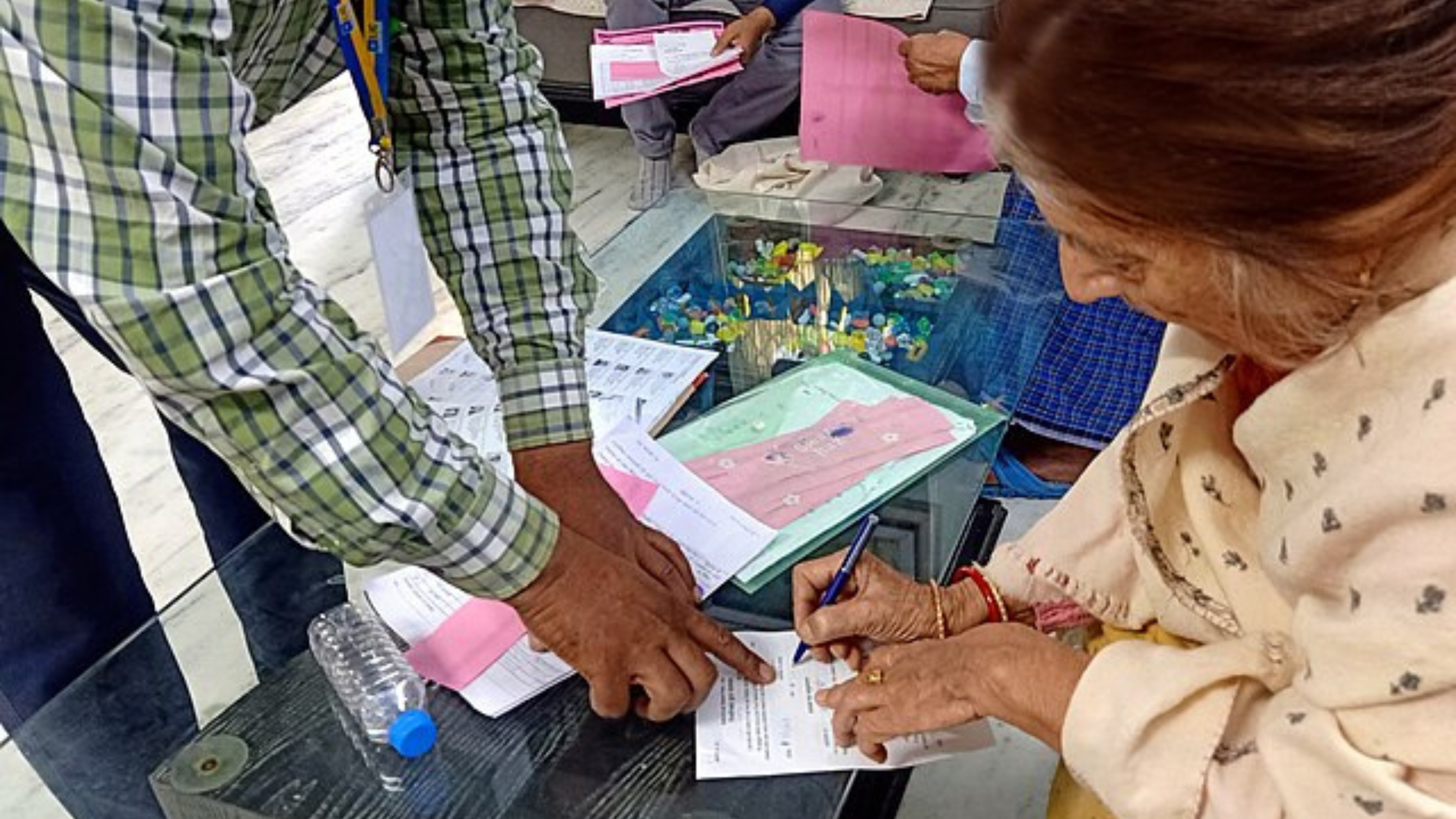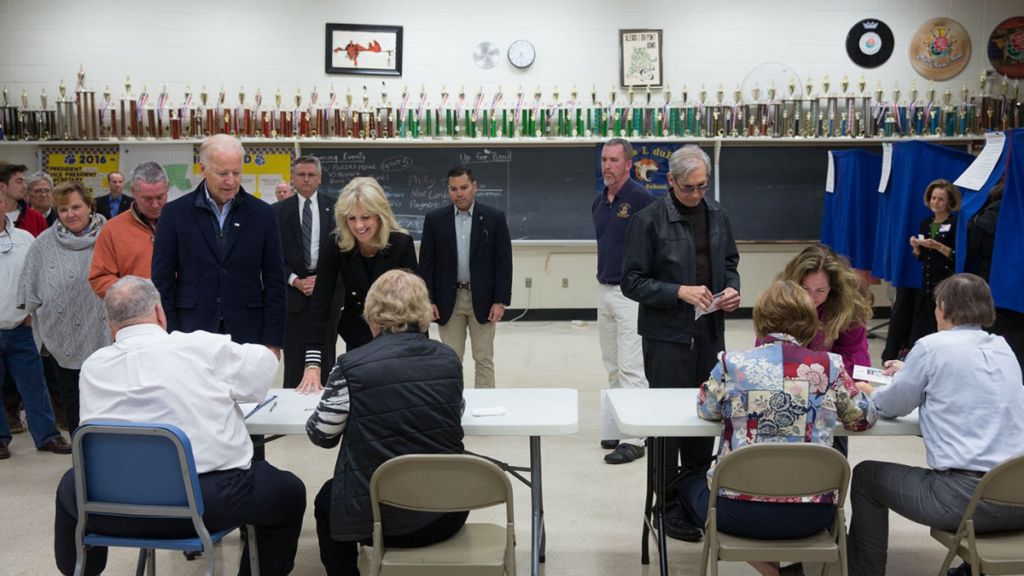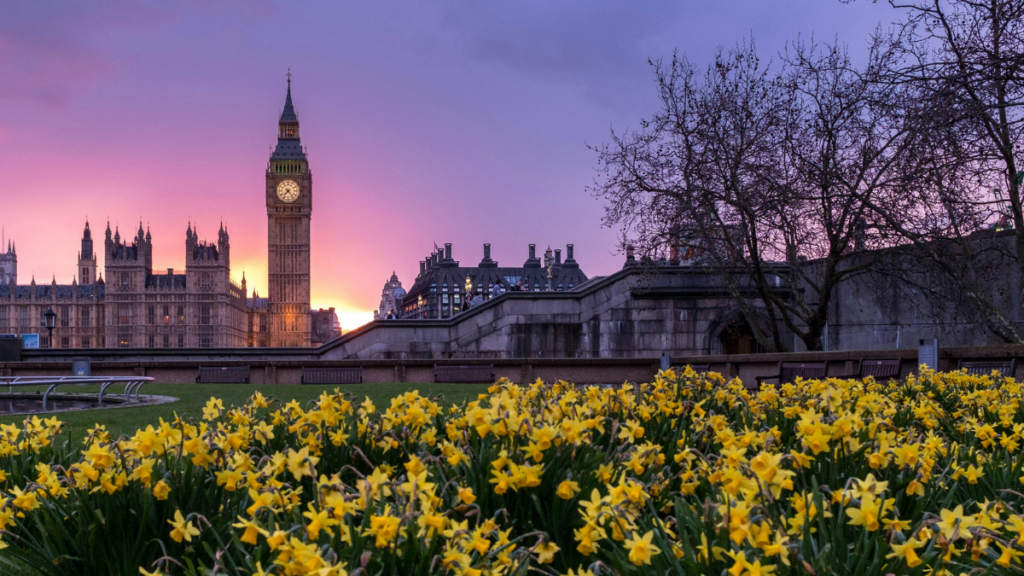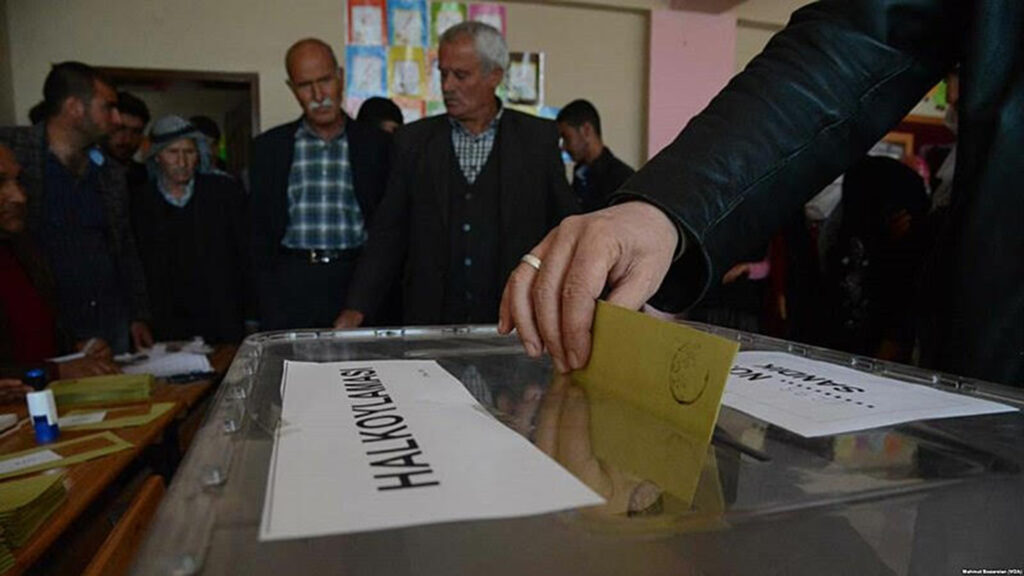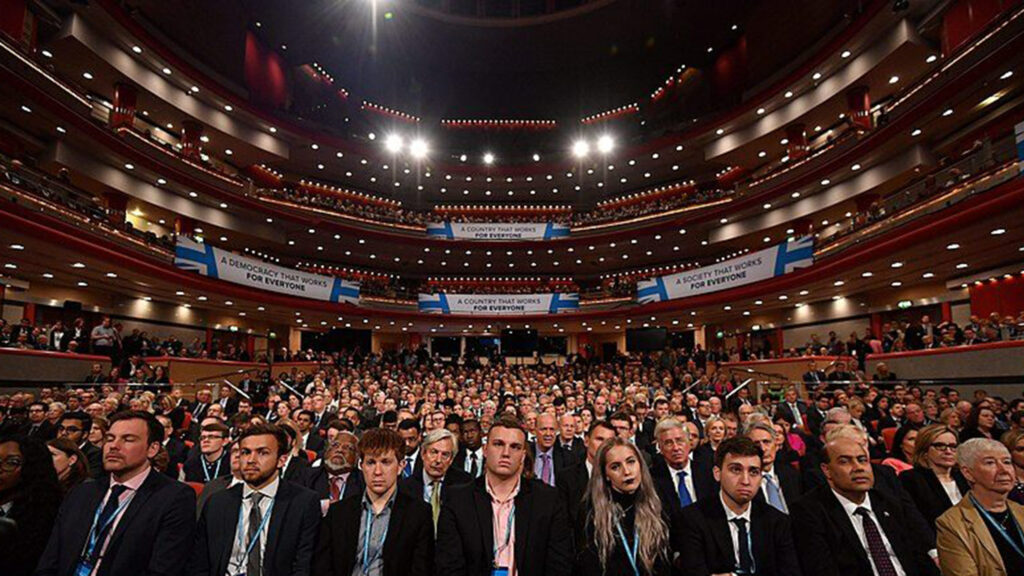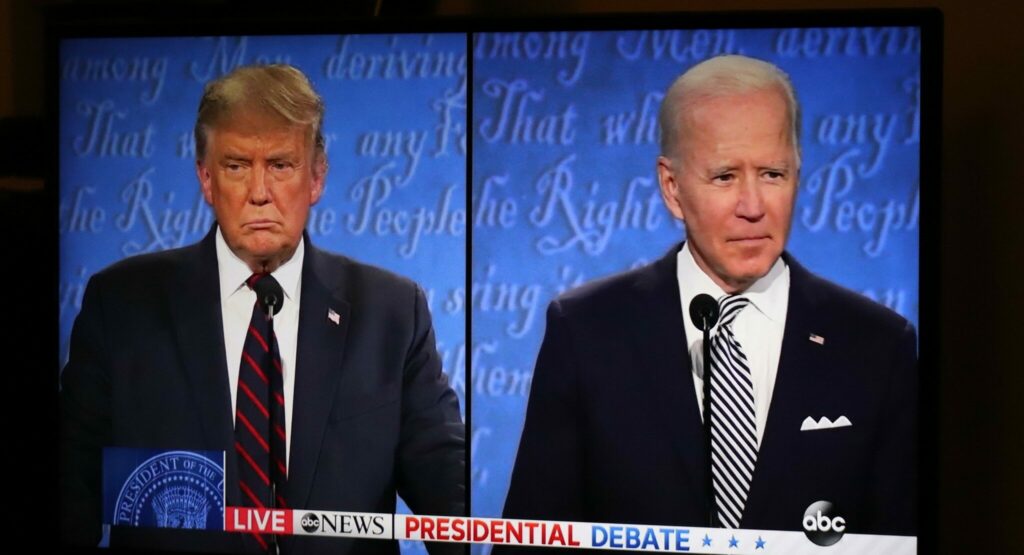Despite its status as the shortest month of the year, there certainly was a long string of elections that took place across the world. Voters cast ballots in municipal, parliamentary, and presidential elections from the mountainous Azores archipelago, to the Absheron peninsula where the Caspian Sea laps against the Azerbaijani capital of Baku.
New elections were announced, too. In Senegal, President Sall declared that the date of the country’s next presidential election will be arranged before the end of July. Voters had been anticipating when a new election would be called for, following the President’s postponement of the original poll intended for the 3rd of February. As seen in Mali and Burkina Faso, Senegal is another West African nation facing threats of democratic backsliding.
After Sall cancelled the initial vote, protests erupted across the country with some Senegalese voters turning up to their polling stations to cast symbolic ballots. This wave of political demonstration resulted in armed violence that killed four people. In an attempt to reconcile, President Sall announced that all political prisoners in the country would be granted amnesty – Senegal’s Ministry of Justice claims that in just 48 hours, 300 individuals were released from detention, despite reports that up to 1,000 opposition politicians have been arrested since 2021.
The country faces condemnation of its human rights record, with the US State Department accusing it of “unlawful or arbitrary killings, torture or cruel, inhuman, or degrading treatment, punishment by or on behalf of the government; harsh and life-threatening prison conditions, arbitrary arrest or detention of political prisoners or detainees, senior government corruption.” One such instance relates to a complaint by an activist, Alé Thiam, against a government Minister, Mansour Faye – President Sall’s brother-in-law. Thiam was promptly imprisoned.
Senegal’s challenges are gravely deeper than the protests concerning its elections. Many are concerned that Sall’s announcement that he would step down when his term in office expires on the 2nd of April, will leave a power vacuum into which Senegal’s military may move into. The country has never experienced a coup, however given the Sahel region has seen eight since 2020 leaving over 150 million people under military rule, it is not beyond the realms of possibility.
Pakistan - A violent vote threatens a constitutional crisis
Following two years of political unrest following former Prime Minister Imran Khan’s removal from office and subsequent imprisonment, Pakistan held elections to its National Assembly in early February. ‘Pakistan Tehreek-e-Insaf’ (Pakistan Movement for Justice), the party that Khan continues to lead, suffered an additional set-back with the Supreme Court ruling that the party was unable to use their electoral symbol (a cricket bat, owing to Khan’s previous career as a cricketer before his premiership), alleging that the party had allegedly not held internal elections for years.
Despite this, Khan’s party only lost 23 seats, with independent candidates affiliated with the ousted Prime Minister winning more seats than expected and dealing the opposition parties a huge blow to hopes of governing. Following expectations that the ‘Pakistan Muslim League Nawaz’, headed by former Prime Minister Nawaz Sherif, might sweep the polls, the results found that the party would only modestly gain seats. Almost immediately after the election, allegations that the results had been tampered with came pouring in.
Pakistan’s politics is a powder keg that has been smouldering for months. Two candidates were assassinated during the election campaign – one by Islamic State. Four rally-goers were murdered in an explosion orchestrated by the ‘Baloch Liberation Army’ in late January, whilst a further 30 were killed by Islamic State. On election day, the Ministry of Foreign Affairs closed Pakistan’s borders with Iran and Afghanistan to increase security, whilst the Interior Ministry suspended mobile internet services in one of the largest ever shutdowns observed in the country. When they opened, polling stations suffered grenade attacks, shelling, and violence, killing five security officials in Kulachi in north Pakistan.
Once polls closed, the results were delayed in their publication by more than 15 hours. Officials cited complications from internet outages and breakdown in communications as reasons. The Economist reported that signs of election tampering were ‘plentiful’. Following this came a barrage of countless court appeals across Balochistan, Punjab, Khyber Pakhtunkhwa, and Islamabad. Sharif, who saw his tenure as Prime Minister end with a military coup, conceded that he did not have the “majority to form a government” and was looking for coalition partners. Pakistan’s Chief of Army Staff General Syed Asim Munir responded to the post-poll violence saying “the nation needs stable hands and a healing touch to move on from the politics of anarchy and polarisation which does not suit a progressive country of 250 million people.”
Foreign analysts put the widespread anger seen across the country down to efforts by Pakistan’s caretaker government and its military backing to suppress a popular Imran Khan. Sharif, seen as the ‘military’s choice’ for Prime Minister, became the epitome of establishment politics. Michael Kugelman, director of the South Asia Institute at the Wilson Center, referred to this election as a “referendum on the military’s dominant role in Pakistani politics.”
If Sharif’s party forms the new government he would become Prime Minister for a historic fourth term. He took a conciliatory tone on Friday and stated that “all parties should sit together to heal a wounded Pakistan.” He also stated that his party respects the mandate of other groups “including independents” – a reference to the Khan-backed block of recently elected politicians. Regardless, Pakistan is in the midst of one of its gravest constitutional crises since its independence, and voters will continue to hold the politicians and government responsible as the state of the country becomes ever more fragile.
Indonesia - Return of the strongman
Meanwhile, in the ‘world’s third largest democracy’, Indonesia held presidential and legislative elections. Incumbent President Widodo, known as ‘Jokowi’, an immensely popular figure in the country, was term-limited, leaving the race to succeed him wide-open.
From January to October 2023, the race was a dead heat between Ganjar Pranowo, a modernising technocrat who served as Governor of Central Java, and billionaire Prabowo Subianto, a former special forces commander who married into the family of former Indonesian dictator, Suharto.
Eyeing the prospect of succeeding Jokowi, Prabowo leaned into the outgoing President – embracing ‘Jokowinomics’ and infrastructure-led development, and even selected Jokowi’s 36 year old son as his Vice Presidential running mate – though this was only after the Supreme Court, led by Jokowi’s brother-in-law, made an exception to the rule that prevents candidates under 40 years old from holding the role. However, Prabowo also attempted to hide the darker elements of his record – his explosive temper, accusations of human rights abuses in Timor Leste, and his role in the abduction of 20 pro-democracy protesters – 13 of whom remain missing.
His chief opponent, Ganjar Pranowo ran as a steady, safe pair of hands who also leaned into the campaign techniques of the outgoing President – making impromptu appearances at local markets, and recruiting his Security Minister as his running mate.
However by November, Prabowo’s lead over Ganjar widened from 4% to 9%, and then to 13%. The campaign progressed and Ganjar collapsed from 35% support to 18% sliding into third place, whilst Prabawo saw his support increase from 36% to 53% – largely owing to the implied support of Jokowi and a campaign targeted at younger voters – even remaking his image through cartoon figures as a warm and lovable uncle.
Indonesia’s presidential system requires a candidate to secure 50% of the vote to avoid a run-off election. Despite exit polls finding Prabawo winning nearly 58% of the vote, Ganjar refused to concede and said his team was investigating reports of electoral violations, calling it “structural, systematic and massive fraud” without providing evidence to support the claim.
“The victory marks the final act in Jokowi’s political transformation – from humble political outsider and would-be reformist to a savvy political operator who presided over years of democratic backsliding and the founder of a new political dynasty accused of tipping the scales in the election,” Andreyka Natalegawa from the Southeast Asia programme of the Centre for Strategic and International Studies, wrote in an analysis of the election.
Prabawo will inherit an economy that grew more than 5% in 2023, and a bold infrastructure agenda that includes the transfer of the country’s capital from Jakarta to Borneo. However, he will also enter office with a large segment of the population angry that he courted Jokowi into overtly interfering in the election. Both men will remain central pillars of what will become Indonesia’s next status quo – however with his links to the old dictatorship, Prabowo will be eyed with caution by many in the West who might see his victory as the 16th largest economy in the world lurching towards a more military-oriented government.
USA - Nikki Haley limps on, whilst Gaza rocks the Biden camp
The Republican Party’s presidential primary continues to rumble on with just two major candidates remaining. Donald Trump won New Hampshire in late January – what was considered the anti-Trump wing of the party’s ‘Waterloo’. However, since then his only remaining opponent, former South Carolina Governor Nikki Haley, has insisted on staying in the race.
The next nominating contest after the Granite State was Nevada, a state which held both a caucus and a primary in quick succession. Haley opted to be placed on the ballot for the caucus, whilst Trump chose the primary. The caucus took place first with Haley losing to… ‘None of the above’ – an option afforded solely to Nevada voters. Whilst the caucus was not an opportunity for Haley to gain delegates (as it had not been sanctioned by the state party), her loss to ‘no one’ was an embarrassment that no presidential candidate had suffered before. Nevada Governor Joe Lombardo, a Republican, had announced beforehand that he would vote for ‘none of these candidates’ – an endorsement that other state Republicans replicated.
In the party-approved Nevada primary, Trump was one of just two candidates on the ballot. Being the only major candidate, he scored over 99% of the vote and won all delegates available. Regardless, Haley remained in the race as she tried to break down her huge polling deficit in South Carolina – her home state.
Even during the early stages of the campaign when Florida Governor Ron DeSantis posed a serious risk to Trump’s path to the nomination, he still remained ahead. However, as candidates came and went, and as Trump was shaped into a martyr in the eyes of the Republican base by court appearances and attempts to remove him from certain state ballots, he rose rapidly in South Carolina polls.
After DeSantis and other candidates suspended their campaigns, Trump’s lead swelled even further – in some polls to 35%. The race was looked to be a killer blow to Haley – the ‘favourite daughter’ of the state. However, over the course of February, Haley gradually rose in the polls, despite a hostile campaign by Trump that focused on personal attacks that focused on ‘birther-ism’ and the details of her marriage. Eventually, within the last stretch she closed the gap with Trump to 20% on polling day. On election day, Haley kept Trump under 60% and nearly reached 40% herself. She used this figure to justify her continued candidacy.

She said “America will come apart if we make the wrong choices“, and presented her case as one of electability. She said that we couldn’t live with four more years of President Biden’s failures or Trump’s lack of focus, and that the voters in future primaries deserved a choice, not a “Soviet-style election” with one candidate. She noted that her (almost) 40% result in South Carolina was roughly the same as she’d secured in New Hampshire – “40% is not some tiny group.” Those people were looking for an alternative, and she said she shared their frustration. However, the electability argument is one that Republican primary voters aren’t buying.
Haley has declined to run as an independent should she lose the Republican nomination. Primarily because she is a through-and-through Republican, and because polls that test her hypothetical candidacy put her at just 12%, to Trump’s 45% and Biden’s 40%. Whether she is positioning herself for 2028 is to be seen – however, by staying in the race she carries the significant risk of looking like a ‘never Trump’ Republican that could tank any chance of a successful candidacy in four years time. No doubt, the 2028 nominee would heavily court Trump’s blessing – right now, Haley seems to be running from it.
Haley lost the Michigan primary by a wide margin – over 40%. However, in the suburbs of Detroit, Grand Rapids, and Kalamazoo – areas Trump has been bleeding support in since 2016 – she scored notable vote shares. Trump has underperformed his polls in all the early nominating states and by more than 10% in Michigan, whilst Haley overperformed by roughly 5%. This is a similar story in the other early nominating contests where Haley has beaten all her polling predictions. In South Carolina, Haley overperformed her polls by 6%, and in New Hampshire by around 8%. This (perhaps) ‘shy moderate’ vote could limit the damage Haley suffers next week in ‘Super Tuesday’ where 15 states will vote. Were these voters to turnout in strong numbers, Haley would have the chance to win a few states – notably Massachusetts, Utah, and Vermont given their more moderate Republican bases. Recent polling finds Trump with somewhat steady poll leads in these states. Eventually, she may end up just winning the contest in Washington D.C. – not great optics for someone trying to position herself as the anti-Washington candidate.
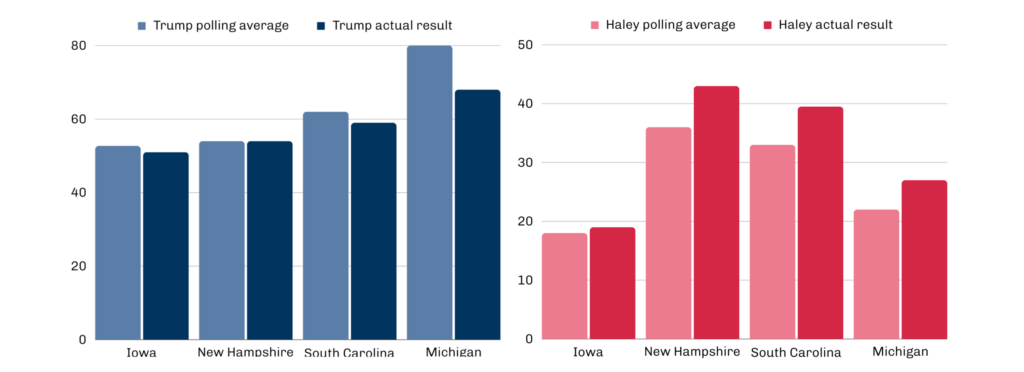
On the Democratic side, President Biden continues his glide path to renomination, handily winning South Carolina, Nevada, and the Michigan primaries – the latter of which was subject to a grassroots campaign organised by activists calling for a ceasefire in Gaza and attracted around 13% of the vote. This could be a warning sign for Biden in a critical swing state with a sizable Arab American population. Biden only won Michigan by 154,000 votes over Trump in 2020 – the state has around 200,000 Muslim voters. The Associated Press reported that 64% of Muslims nationwide supported Biden in 2020, while 35% supported Trump. A recent survey from Autumn found that 17% of Arab Americans planned to vote for Biden – a terrifying statistic for a President already suffering from historically low approval ratings and lagging in national polls against Trump.
March promises more significant elections, including a Pakistani presidential election marred by social discontent across the country, Portuguese legislative elections, Russia’s presidential election, and local elections in Türkiye that will be a canary in the coalmine of President Erdoğan’s support in Istanbul and Ankara. Excitement awaits – as does plenty of data!

